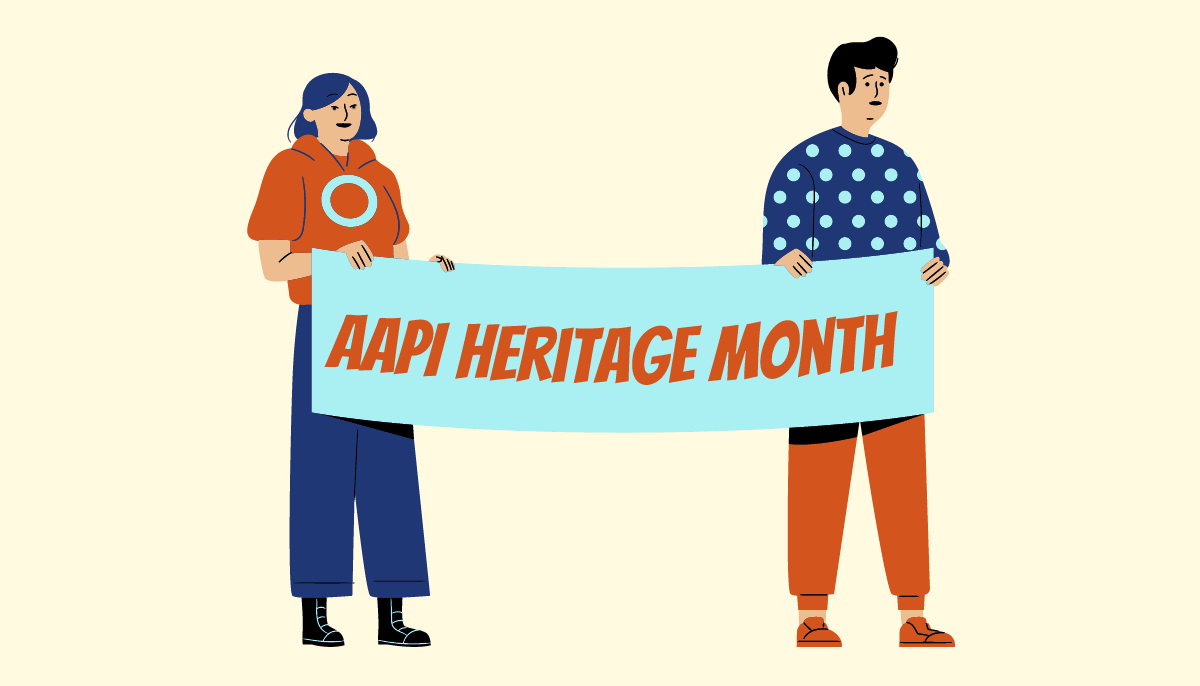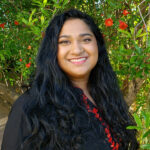This week, we explore Asian American Buddhist personal narratives, revealing our inner lives, joys, struggles, heartbreaks, and triumphs.
In the following four articles, Mushim Patricia Ikeda shares the evolution of her parental journey through conversations with her child, Sharon Suh discusses a fraught relationship with her body that began at her mother’s dinner table, Canyon Sam describes finding inspiration in author Maxine Hong Kingston as he reaches “the big 65,” and Yenkuei Chuang shares her determination to be seen.
As you read these stories, I encourage you to reflect on similar moments in your own personal narrative. What are your favorite intimate, everyday conversations? Who are the people that motivate you and give you hope? How do you see your body, and can you regard your body with more self-compassion? Where have you thought you didn’t fit in, and where have you felt belonging? When have you stood up for yourself and made sure your voice was heard?
-Mihiri Tillakaratne, Associate Editor
Conversations With My Son
Mushim Patricia Ikeda traces her path as a parent through some of the humorous, poignant and penetrating conversations she’s had over the years with her young son, Joshua.

One summer morning in 1983, during a three-month meditation retreat, I was assigned to sweep the sidewalk in front of the temple. The teacher, a strong-willed Korean monk, had declared “no talking,” and in the “silence” which we humans so often fill with chatter, I discovered a world rich with sensation: the fly that suddenly buzzed at the window, the hiss of a candle flame, the breath circling through my body—all felt equally alive and wonderful.
Healing Anti-Asian Hate on My Birthday
On a birthday like no other, Canyon Sam reflects on celebrating beauty, practicing joy and compassion, and the inspiration of novelist Maxine Hong Kingston in the face of an increase in anti-Asian violence.
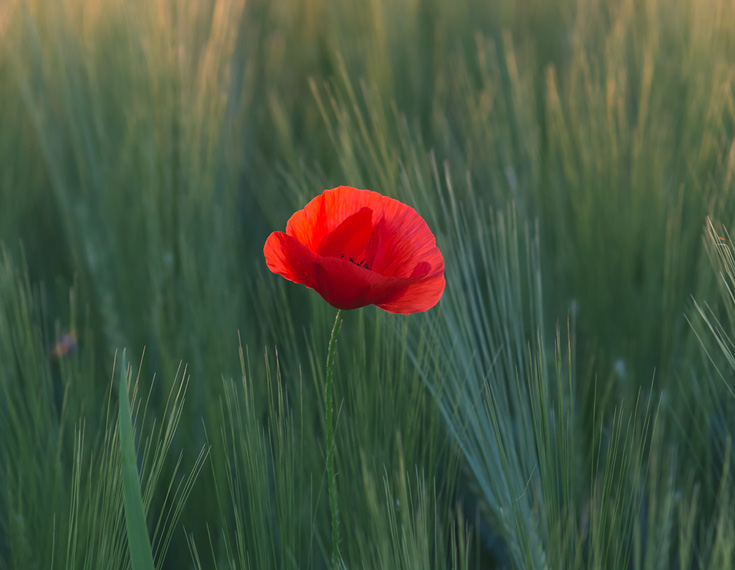
My birthday was approaching and it was the big 65, making me an official senior citizen. We were still under Covid protocols, though looser than the last year. Just when we got the vaccine four months ago, variants started spreading. My attempts to pull together even small gatherings of friends or family came to nil: Scared of the variant. Don’t know if the vaccine can resist the variant. Still waiting for my second shot.
I decided to just plan to do what I enjoyed doing and celebrate being alive, without much fanfare. My hiker friends had all raved about wildflowers on Mt. Diablo – 40% of normal rainfall, but they were blooming: Baby blue eyes, Diablo daisies, milk maids, fields of golden poppies.
Eat! Eat!
Forced to overeat as a child, Sharon Suh finally learns for herself what is enough.
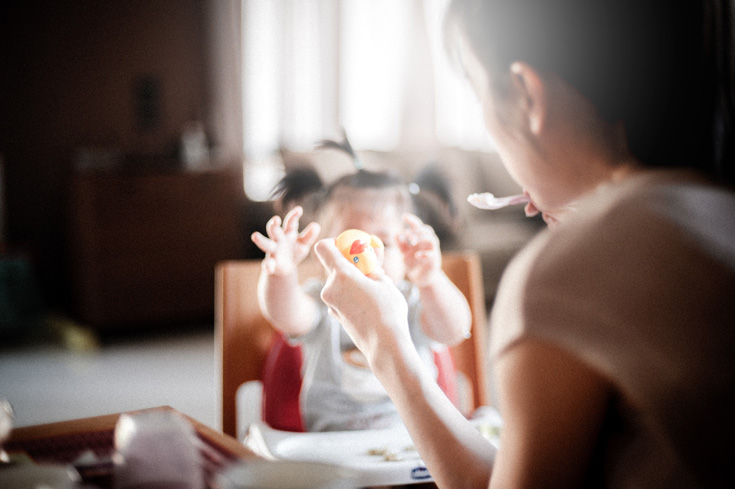
Smell your food and make sure to take small bites so you can savor the taste and appreciate the meal,” says Jake, a former Thai monk who is one of the teachers at the weeklong People of Color meditation retreat I’m attending.
Despite studying Buddhism for over thirty years, identifying as a Buddhist, and even obtaining a doctorate in Buddhist Studies, I am a relative newcomer to daily meditation and retreat practice. This lack of meditation experience is pretty common among Asian American Buddhist practitioners such as myself. In 2012, the Pew Research Center reported that only 14 percent of Asian American Buddhists claim to meditate. Yet I have long wished for a sangha where I could meditate, feel at home in my Korean-American body, and not stand out as a woman of color in the sea of white practitioners who seem to predominate meditation centers in the U.S. So when I saw an online advertisement for a People of Color retreat at a center in Northern California, I jumped at the opportunity.
Erased No More
After years of painful struggle to fit in, Yenkuei Chuang decides to stand up for her identity, her anger, and the heritage of Asian American Buddhism. She will resist erasure.
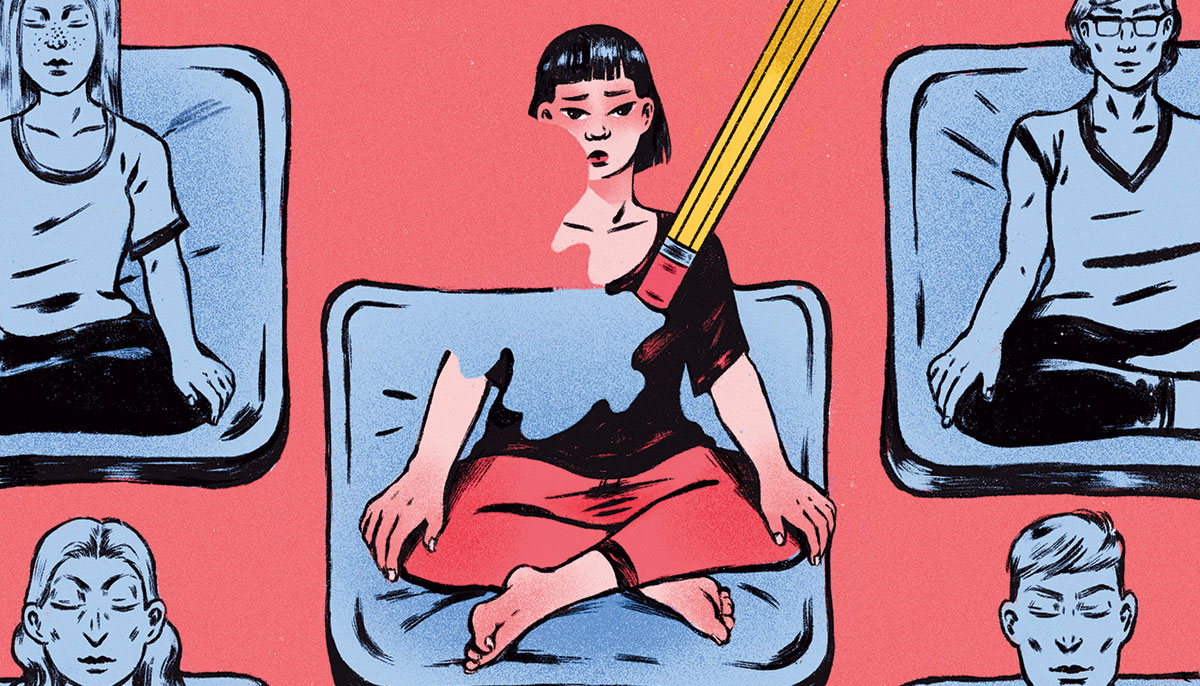
This time it happened at the silent retreat. Even the know-it-all didn’t know it all. Even the big people falter. Even the teachers.
It is so easy to surrender my intelligence to them, my own knowing to theirs. Smile and say, yeah, like I don’t know.
Just like when I was a kid. Smile, and drop the grammatically correct English that newly arrived immigrants speak. If I want to fit in, if I want to be American, I gotta drop the intelligence. Pretend I don’t know. Numb the mind and learn to say I don’t know.
